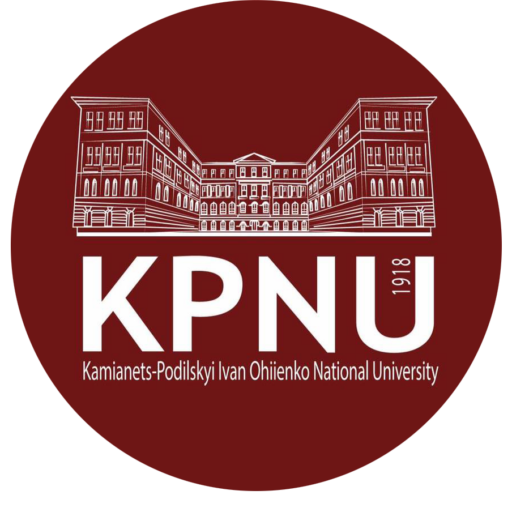Volodymyr Kramar
(Khmelnitsky National University)
PROSPECTS TO STUDY COGNITIVE FEATURES OF TEXTS AND THEIR TRANSLATION INTO UKRAINIAN
Cognitive features of texts are studied by researchers from a range of disciplines: linguistics, psychology, and cognitive science due to the complexity of language and communication that shape our world outlook and interactions with others. The most notable researchers as to the topic are Noam Chomsky [1] who has contributed extensively to the study of language and cognition through innate structures of language and the role of language in shaping thought and perception. Dan Sperber and Deirdre Wilson who have developed the relevance theory of communication, which emphasizes the role of context in determining the meaning of linguistic expressions. Researchers in Ukraine, mostly via activity of the Centre of cognitive and semiotic research in Kyiv national linguistic university [2] have contributed to cognitive features of texts in applied aspects studying a variety of contexts, literary texts, media and academic discourse.
Text and discourse have several cognitive and communicative features that are essential to understanding and producing meaningful language – coherence, cohesion, intertextuality, discourse markers, genre, pragmatics. Named features have a diverse impact on different genres of the texts as well. Nowadays we witness the great ‘digital’ shift in science, social relationship and informational exchange. IT communication turned a cornerstone of progress and its cognitive features grew significantly over the past few decades and will continue as technology advances. We think linguistic and translation studies in the field would develop in three directions.
Via Artificial Intelligence that can analyze large amounts of data to create personalized recommendations, search results, and other content.
Another mechanism is Natural Language Processing mostly through mechanisms of linguistic corpuses [3] that helps computers understand and respond to human language more effectively. It would lead to more accurate and sophisticated language analysis and more subtle and intuitive interactions with technology.
Social media platforms contribute more and more in the way we communicate, understand the world and consume information. Texts there are increasingly designed to be shared and distributed across social media channels, which impact the style and tone of the content and needs correspondent research approaches.
IT language also needs thorough study in the field of translation, for it is frequently used by people whose native language isn’t English. The cognitive features of texts in IT communication may vary across countries that speak languages other than English due to cultural and linguistic differences. Here are some of the main peculiarities of cognitive features of texts in IT communication in non-English speaking countries that need further discussion as to the strategies of their faithful translation:
- Cultural differences: Cultural differences can impact the style, tone, and content of texts in IT communication. For example, in Ukrainian, it is more common to use indirect language, different negative constructions, genitive chains of nouns etc., which can strongly affect the way information is presented in the very short type of digital communication.
- Syntactical peculiarities of the particular language: due to the mentioned laconic nature of digital communication the problem of adequate rendering of logical stress in a sentence gains the very important role. Perhaps, more strict recommendations of theme and rheme translation must be elaborated.
- Localized content: Texts in IT communication may be more likely to include localized content, such as references to realia, local events, customs, or traditions. This can help to make the content more relevant and engaging to local audiences but may need explication for countries other than the source language country.
- Interpretation of social media platforms texts. Different social media platforms may be more or less popular in non-English speaking countries, which can affect the style and tone of digital content both for business and personal communication. This favors pragmatic aspects to ensure faithful and adequate translation.
СПИСОК ВИКОРИСТАНИХ ДЖЕРЕЛ
- Chomsky N. The Minimalist Program.New York: The MIT Press, 1995. 426 p.
- Мунтян Л. Когнітивна лінгвістика в Україні // Наука ХХІ століття: відповіді на виклики сучасності: Збірник статей І Міжнар. наук.-практ. конф., м. Бухарест, 17 травня 2013 р. – в ІІІ ч. – Ч. ІІ. – Бухарест: Бухарестський університет, 2013. – С.58-61
- Granger S. The corpus approach: a common way forward for Contrastive Linguistics and Translation Studies. January 2003 In book: Corpus-based Approaches to Contrastive Linguistics and Translation Studies (pp.17-29) Publisher: Rodopiditors: Granger S, Lerot J. and Petch-Tyson
